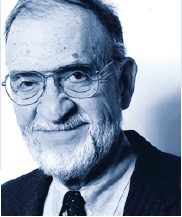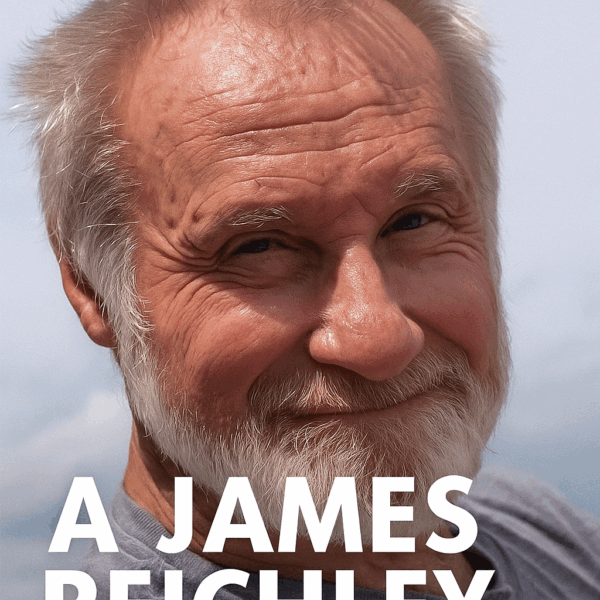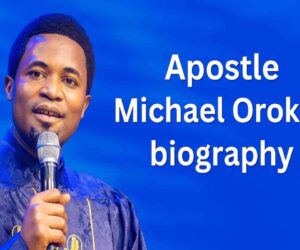A James Reichley is a towering figure in American political thinking. His thoughts affected the conversation about politics, religion, and their connection. As a writer, academic, and public policy advocate, he made significant contributions to our understanding of democratic values. Let us take a closer look at his life and legacy.
Throughout his career, he held prestigious positions, including senior fellow at the Brookings Institution and Georgetown University. His influence went beyond academia, as he fought for civic duty and educated citizenship, establishing a legacy that is still relevant today.
A James Reichley Biography


A James Reichley was born on March 3, 1929, in St. Clair, Pennsylvania. His family emphasized the importance of education and civic duty. He was the son of Grant and Mary Reichley, who taught him to be responsible to his community. Growing up during the Great Depression, he saw the value of governance and democracy firsthand.
Reichley’s early years were characterized by curiosity and a drive to comprehend the world. In 1950, he graduated from the University of Pennsylvania with a Bachelor of Arts in Philosophy with Honors. He then served in the United States Army’s Counter-Intelligence Corps from 1951 to 1953. His subsequent academic pursuit led him to Harvard University, where he obtained a Master of Arts in American History.
Career
Reichley’s early journalism career was an exciting journey through America’s political environment. He began working as a reporter for The Pottsville Republican, where he polished his political reporting talents. His work quickly attracted the attention of major magazines, prompting him to write articles for Harper’s, The New Republic, and The Saturday Evening Post.
During the 1960s, he covered crucial events, including the civil rights movement and the Cold War, which helped him better comprehend the political forces at play. These experiences were more than just job titles; they laid the groundwork for his subsequent academic work. Reichley’s journalism enabled him to tie real-world events to theoretical frameworks, making his subsequent comments on American politics even more astute.
Reichley transitioned from journalism to public policy and consulting, where his impact grew dramatically. He worked closely with renowned politicians such as Pennsylvania Governor William Scranton and New York Senator Kenneth Keating.
His acute analytical talents aided various political campaigns, designing voter-friendly strategies. Notably, he worked as a domestic policy adviser to President Gerald Ford during a volatile political period. Reichley’s ability to evaluate policy implications and articulate complex ideas was critical in developing effective political narratives and encouraging civic responsibility. His efforts in this area reflected his idea that informed citizens are essential for a healthy democracy.
Speaking of civic responsibility, if you want to gain a better knowledge of governance, read Sapiens: A Brief History of Humankind. This book investigates how our species has shaped the globe and our civilizations, providing a thought-provoking look at our shared journey.
A James Reichley Biography entered academia in the late 1960s, settling at Georgetown University. There, he embraced the position of instructor with enthusiasm for engaging kids. His teaching methods were anything but traditional, favoring vibrant debates over dull lectures.
Reichley felt that pupils should question, debate, and wrestle with ideas rather than simply memorize them. This approach fostered critical thinking, encouraging students to connect political theories with real-world implications. Reichley made several contributions to political science at Georgetown.
His seminars frequently discussed the complex relationship between political parties and civic responsibility. He underlined that understanding these processes was critical for a functioning democracy. His students, motivated by his enthusiasm, frequently carried this mindset into their professions. Reichley’s instruction had a lasting impact on the next generation of political intellectuals and leaders.
Reichley’s analysis of religion and politics is comprehensive and insightful. He contended that religious beliefs influence political ideals, determining how leaders govern and citizens interact. His work demonstrated how faith can bring disparate communities together while also emphasizing the possibility of division.
Reichley stressed the value of moral leadership in government. He felt that leaders should be driven by ethical principles founded on their values. This viewpoint is critical in today’s political environment, where moral clarity is often absent.
His thoughts are still relevant, advising current and future leaders to pursue integrity and civic duty. Understanding the interplay of religion and politics allows us to better grasp the moral pillars that support democracy.
Personal Life
A James Reichley died Sunday at his home in Elkridge, Maryland. On January 23, 2018, his beloved wife, Mary Donohue Reichley, passed away.
Net Worth
As of the time of his death in 2018, his net worth was not known.








